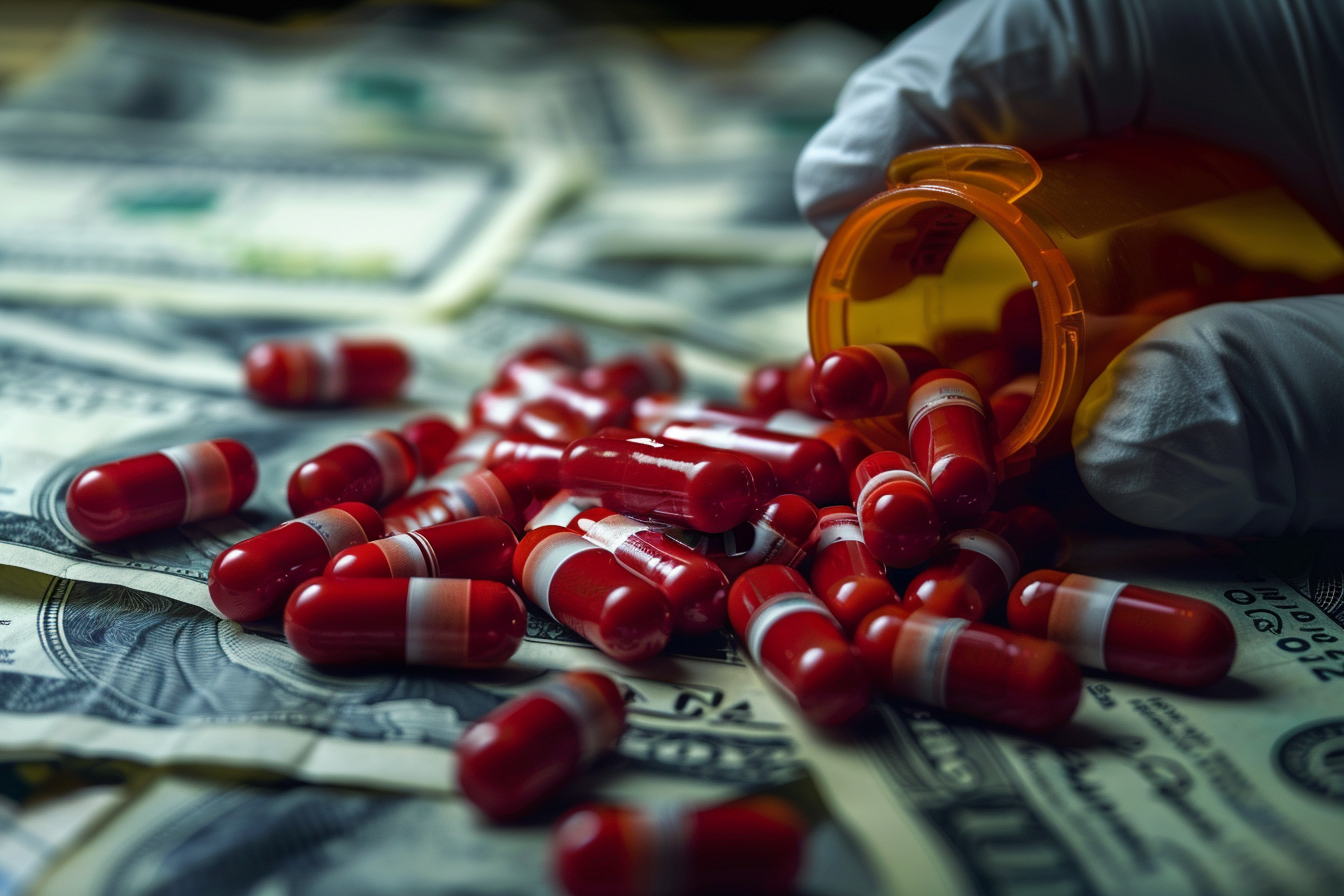On February 8, 2023, California Attorney General Rob Bonta announced that Centene Corporation agreed to pay $215 million to settle allegations that the company and its Pharmacy Benefit Manager violated the California False Claims Act by committing prescription drug fraud against Medi-Cal. Specifically, the California Department of Justice alleged that Centene submitted false reports of prescription drugs from their managed care plans to Medi-Cal.
From January 2017 until December 2018, Centene secured a discounted rate of $2.70 for each prescription drug claim from their Pharmacy Benefit Manager. However, both the private health insurance company and the pharmacy benefit manager neglected to report these discounted fees to Medi-Cal. As a result of this alleged prescription drug fraud, Centene and its Pharmaceutical Benefit Manager in effect inflated prescription drug prices. The $215 million settlement agreed upon to settle the DOJ’s allegations is equal to two times the amount that Centene inflated prices.
Attorney General Bonta spoke to the impact of prescription drug fraud schemes like these and noted, “Medi-Cal is a lifeline that provides access to free or affordable healthcare services for millions of Californians. When companies overcharge the Medi-Cal system, it drains valuable resources from the people who rely on this care. Today’s settlement is a win — it brings resources directly back to our state. At the California Department of Justice, we will continue using every tool we have to fight for California’s vulnerable communities.”
Although Centene denied wrongdoing in this $215 million prescription drug fraud settlement, the company is being investigated for similar behavior across the country. In fact, more than twenty states have conducted or are currently conducting investigations on Centene’s Medicaid pharmacy billing practices. Thus far, seventeen states have achieved settlements with Centene to address allegations of prescription drug fraud committed by them and their Pharmacy Benefit Manager.
HOW DO PBMS AND PRIVATE HEALTH INSURANCE COMPANIES COMMIT PRESCRIPTION DRUG FRAUD AGAINST MEDICAID?
Pharmacy Benefit Managers (PBMs) and private health insurance companies can potentially engage in prescription drug fraud against Medicaid through various means:
INFLATED DRUG PRICES:
PBMs may inflate the prices of prescription drugs when billing Medicaid, leading to higher reimbursements than the actual cost of the medication. This could involve manipulating the drug pricing data or using spread pricing, where the PBM charges Medicaid a higher price than what it reimburses the pharmacy, pocketing the difference.
BILLING FOR NON-DISPENSED DRUGS:
Pharmacies or PBMs may bill Medicaid for prescription drugs that were never actually dispensed to patients. This could involve submitting false claims for medications that were not prescribed or were prescribed but never picked up by patients.
OFF-LABEL MARKETING:
PBMs or insurance companies may encourage off-label use of drugs, which means promoting drugs for uses not approved by the FDA. While off-label use is legal in many cases, promoting it for Medicaid patients without proper evidence or justification could be considered fraudulent.
KICKBACKS AND REBATES:
PBMs may receive kickbacks or rebates from pharmaceutical companies in exchange for promoting their drugs or placing them on preferred formularies. If these kickbacks are not disclosed and influence decisions regarding Medicaid prescriptions, it could be considered fraudulent.
IMPROPER PRIOR AUTHORIZATION:
Insurance companies or PBMs may engage in improper prior authorization practices, making it difficult for Medicaid patients to access necessary medications. This could involve unnecessary delays or denials of coverage for medications that are medically necessary.
DRUG SWITCHING:
PBMs may engage in drug-switching practices where patients are switched from a medication that is covered by Medicaid to a different, often more expensive medication. This could be done without valid medical reasons and solely for financial gain.
PHANTOM PHARMACIES:
Setting up fake or phantom pharmacies to bill Medicaid for prescriptions that were never dispensed or services that were never provided.



